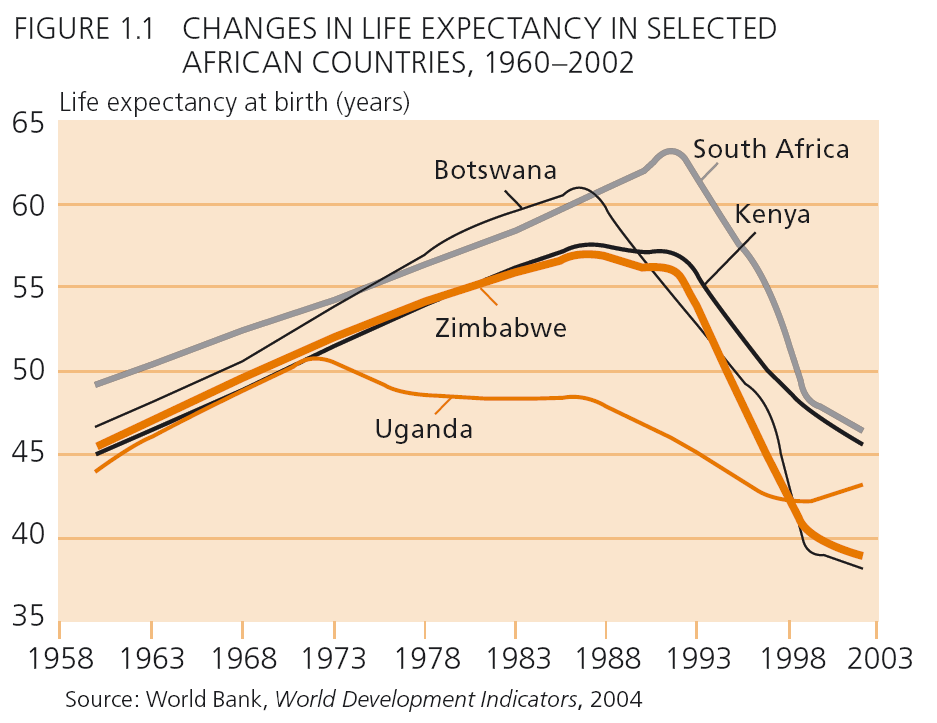
An environment without foreignness

We know better than to leave the water running as we brush our teeth. We understand the importance of switching off the light before we leave the room. And we appreciate the reasons behind separate waste bins for plastics, metals, and burnables. Although there of course remains ample room for improvement and growth, societies throughout the world today have begun to recognize the dire threat that excessive consumption, rampant wastefulness, and climate change in general pose to our global neighbourhood, and we have come see the significance of small individual efforts in working to create a more sustainable future.
Yet perhaps lurking beneath our noble consciousness of the need to preserve our environment there lies a rather insidious undertone of selfishness, one that vitiates otherwise admirable initiatives to promote green thinking. Why do we turn off the tap or switch off the light? Because we are wasting our children’s future by consuming away their resources at an unsustainable rate, prevailing attitudes tell us. Our children are relying on us to save their planet before it’s too late. This is true enough, but a question remains: whom, precisely, do we mean by ‘our children’? Do we only mean our own biological children, or just the children within our own immediate communities? Are our motivations behind preservationism fundamentally self-serving?
It is a well-established fact that climate change disproportionately afflicts the poor. Although residents of developed nations consume far more energy per capita than their brethren in developing nations, they do not shoulder an equitable share of the burden resulting from the choices they make. When we leave the light running for too long, we may perhaps only be wasting domestic natural resources in some instances, and when we throw trash in the river or take the car instead of walk, it may only be the water or air of our own city that we pollute. But it is well understood that on a macro level, it is more often than not someone else’s children, or children whom we cannot see or hear, that we harm when we neglect to care for our environment.
We may not think about this when we stretch out our hand to twist the tap off, but perhaps we should. If we destroy our environment, we must answer not only to our own biological children, but to someone else’s children as well, or not just to the children in our neighbourhood or our country but, most likely, to children in a country we have never been to. Thus, when we promote a clean, sustainable environment, perhaps we should think we are doing so not for the benefit of ourselves, as is often touted in common popular discourse, but for the benefit of others. Or, even better, we can be conscious of an expanded definition of ‘our children’ in which all children are ‘our children.’
Some may say that calling for a re-shifting of our mindsets from self-serving greenness to altruistic greenness removes a critical incentive function in the environmental initiative. People, the argument may go, are more apt to work for a good cause when they see its positive effects for themselves. While there may be a degree of truth to this statement in modern society, the spirit of the abolition of foreignness demands a reconsideration the value of self-interest, a value we take so axiomatically in our modern world. Working to abolish foreignness means that we work for the benefit of others as we would work for the benefit of our own selves, and that we work to save the environment not because we see the benefits ourselves, but because we know that in a world without foreignness all benefit from our actions. And sometimes, we will even need to incur some costs for ourselves for the added benefit of others, knowing that a little pain for ourselves in the short-term is needed for the well-being of countless others in the long-term. Lacking this commitment to abolishing foreignness, the fight against climate change, a truly global initiative whose implications stretch to every corner of the world, is bound to fail.
In this way, climate change is essentially a foreignness problem. It is easier to leave the water running when the person who is disadvantaged most by our actions is someone whom we will never see, someone who most likely lacks the economic means to come face-to-face with us. And in the same vein, it is more difficult to twist the water off when we don’t see the tangible benefits of doing so within our own community. But a subtle shift of thinking, one in which we safeguard the environment to help ‘our children’ but knowing that most of those children belong to someone else, will go a long way toward creating a society that respects its natural resources.
Of course, this is grave oversimplification of the complex question of climate change and its relationship to foreignness. As the Copenhagen talks of 2009 demonstrated plainly, the protection of the environment is tangled up in international politics and economics, and there is only so much that individuals on their own can do, particularly when the bulk of the problem lies in the hands of industries and institutions. But shifting the climate change discourse at least on a micro-level away from selfish benefit to altruism, from ‘I do this for my children’ to ‘I do this for everyone’s children,’ creates a more positive and a more realistic mindset in a cause whose reach must truly be global. And this shift in thinking then endows each of our individual actions in support of our natural world with added meaning and purpose.








